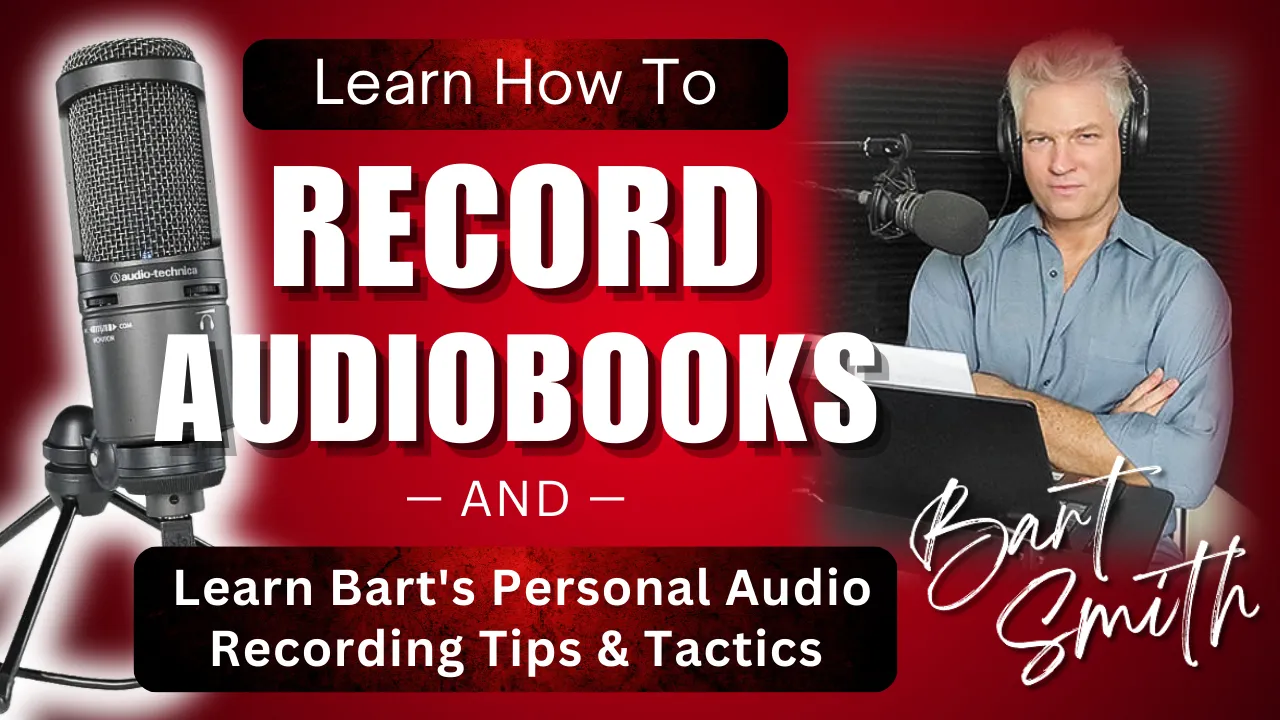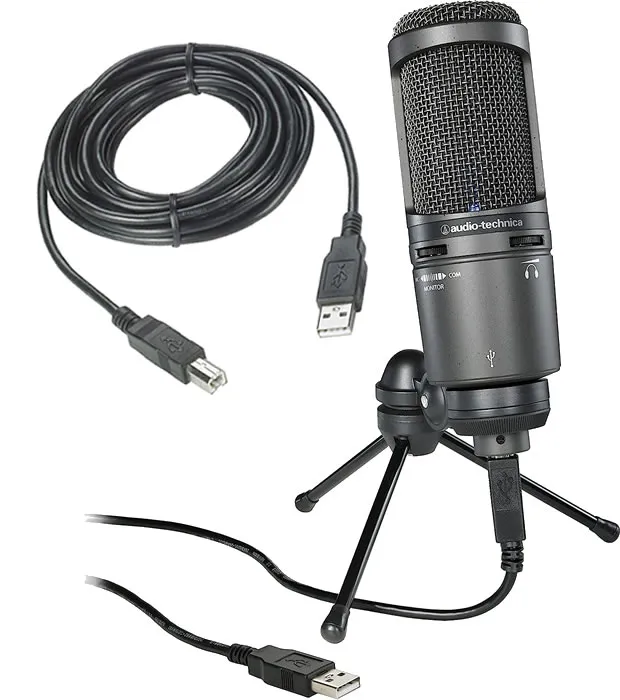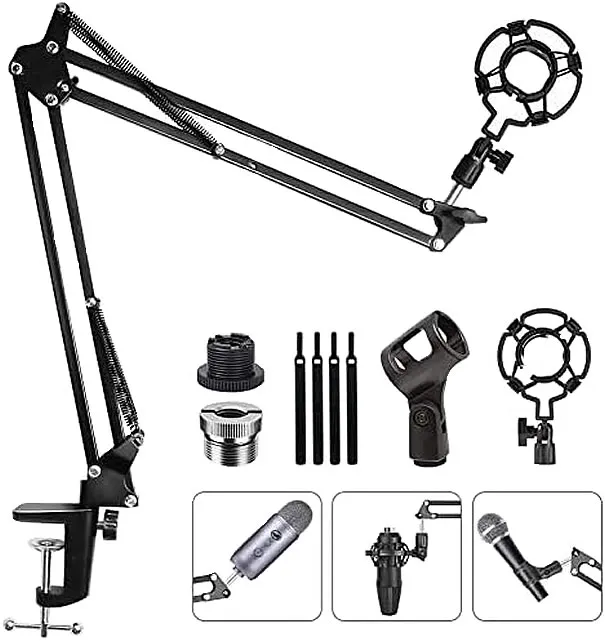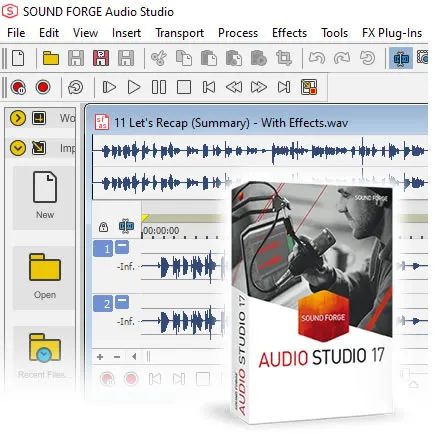

CHECK AVAILABILITY
Contact Bart's office for a prompt reply to see if he has a calendar opening to speak to your group.
PRINT TOPIC HANDOUT
This presentation has a handout for your attendees to use during Bart's talk. Click below to view/print it.
Learn How To Record Audiobooks & Learn Bart's Personal Audio Recording Tips & Tactics
Presented by Bart Smith
PRESENTATION DETAILS
Many people aspire to record audiobooks and want to record for podcasts, etc., but have no idea how to get started, what software to use, what equipment to use, how best to record audio with their voice and so much more.
Bart is an expert on audio recording. Book BART to teach your audience his personal audio recording tips and tricks and also how to record audiobooks like Bart does.
YOU WILL LEARN
Here's what your audience will learn during this presentation on this topic:

What kind of audio recording software do you need to record audio at home like Bart does?

What kind of audio recording equipment do you need to record audio at home like Bart does?

How should you set up your home recording studio to record quality audio?

What are some of Bart's recording tips and techniques for recording quality audio every time.

How do you actually go about recording and editing your audio and what audio format do you save you recordings in?

How do you best organize the audio you record on your computer?

What about sound effects and using them in your audio recordings?

What are the different ways you can sell your audio?
... and so much more! This is going to be a jam-packed / info-packed talk for sure!
DURATION / FORMAT
TIME: 45 Minutes. Can be longer if you want or shorter too. Let's discuss.
FORMAT: Can be presented online via Zoom/webinar or live, in-person. Let's discuss.
FEE: No fee for this talk if online via Zoom/webinar. Traveling to your location, and making this presentation in-person may incur fees. Let's discuss.
Contact Bart's office to see if he has a calendar opening to speak to your group on this topic (and possibly others). Your inquiry will surely receive a prompt reply. In a hurry? Call Bart's office directly at (323) 510-5155 PST.













